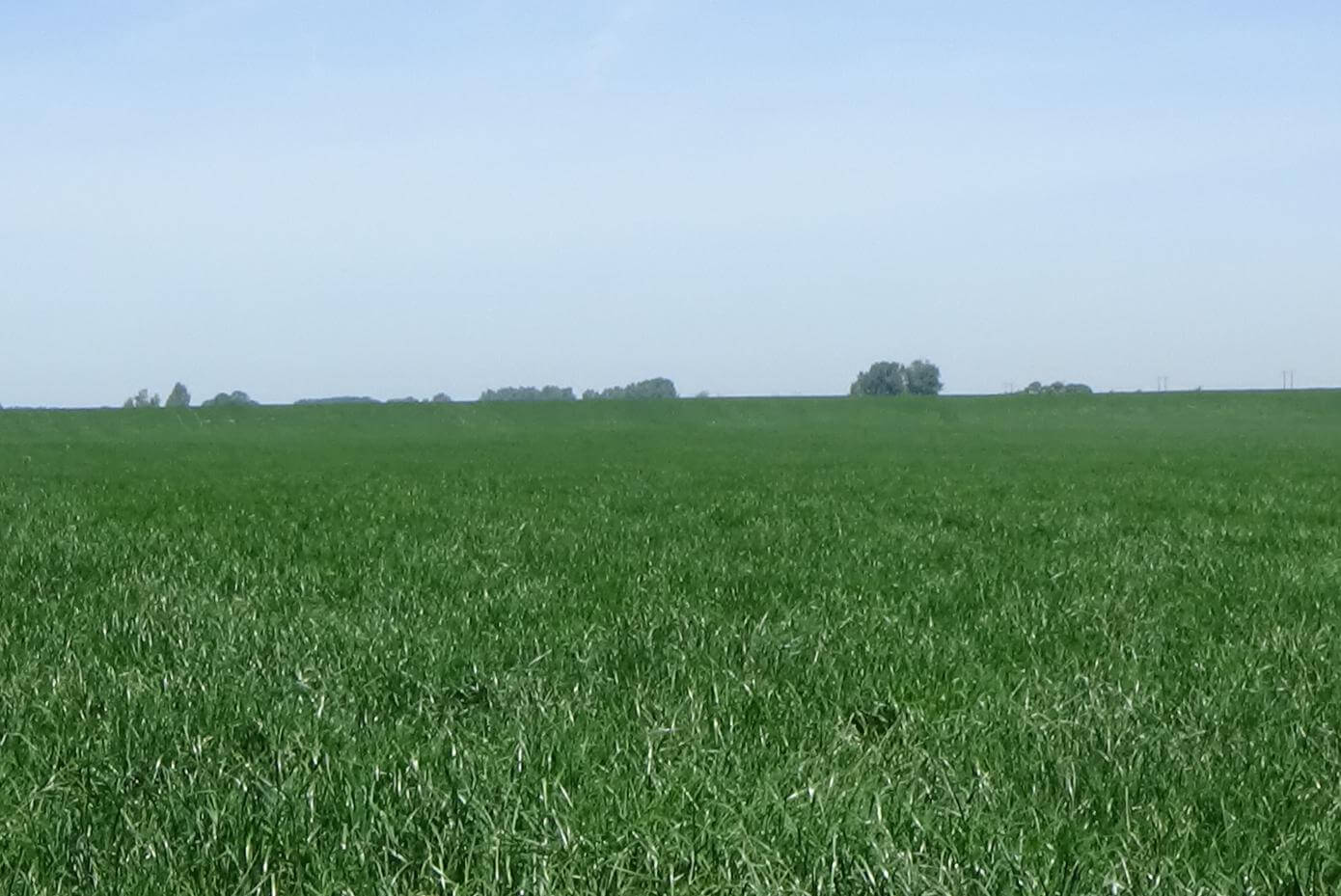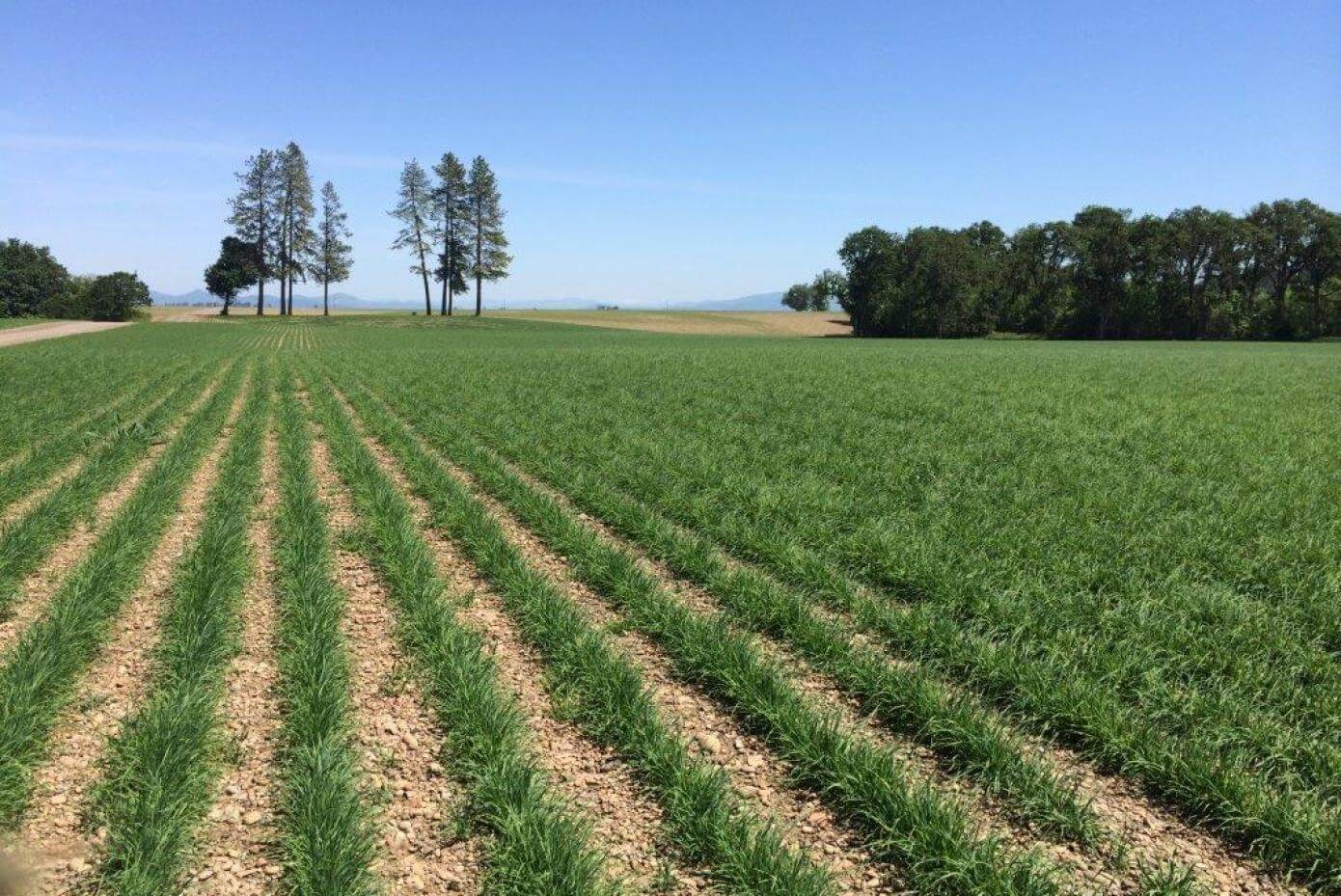Crops are Lookin’ Good
With harvest fast approaching, we are happy to report that the Oregon crops are looking good. This year’s weather has been ideal so far. Existing fields as well as newly planted ones look quite healthy. At present, it is expected that harvest may even start a bit early. Aside from the unfortunate continual challenge of unwanted weeds in production and continued competition for acres, it looks like this year’s harvest could start out in smooth waters!
Berseem Clover - Trifolium alexandrinum
Fast and Furious, as long as it stays warm
Also called Egyptian clover, referencing its origin, Berseem clover has been a very important annual legume crop in the Nile Delta for thousands of years. Interest in berseem in North America continues to grow for many uses, including cover cropping, non-bloating forage production, green manure, and honey production.
Being a winter-susceptible annual in the North, berseem is used as a summer and fall annual, and as a winter annual in southern climates Berseem wakes up after soil temperatures hit the mid 40°’s, but really starts to grow at 65°+ temps. Its fast growth converts into both significant forage biomass as well as nitrogen. Berseem has the ability to produce up to 8 tons of dry matter (under irrigation) as well as fix 200 lbs or more of nitrogen per acre. In California, an average of 280 lbs of N/acre was reported under a 6-year trial.
Like all good things, berseem has its limits. A main one is cold temperatures. It dies when temps fall below 20° F for multiple days; is susceptible to frost kill in spring plantings; has a shallow taproot making it susceptible to droughty conditions; and does better on non-sandy soils. It also prefers more alkaline soils to acidic soils.
Limitations aside, it is especially useful as a natural-kill cover crop, can tolerate a bit of wet ground, is great for giving quick browse for wildlife and works very well with companion grain crops like oats, grasses, and alfalfa.
Smith Seed recommends Nitro-Coated® Berseem to ensure maximum inoculation for the optimal growth, re-growth and nitrogen fixation/production.
Over the next number of months, we intend on highlighting select clover species, as well as adding information about specific clovers to our SmithSeed.com website.

